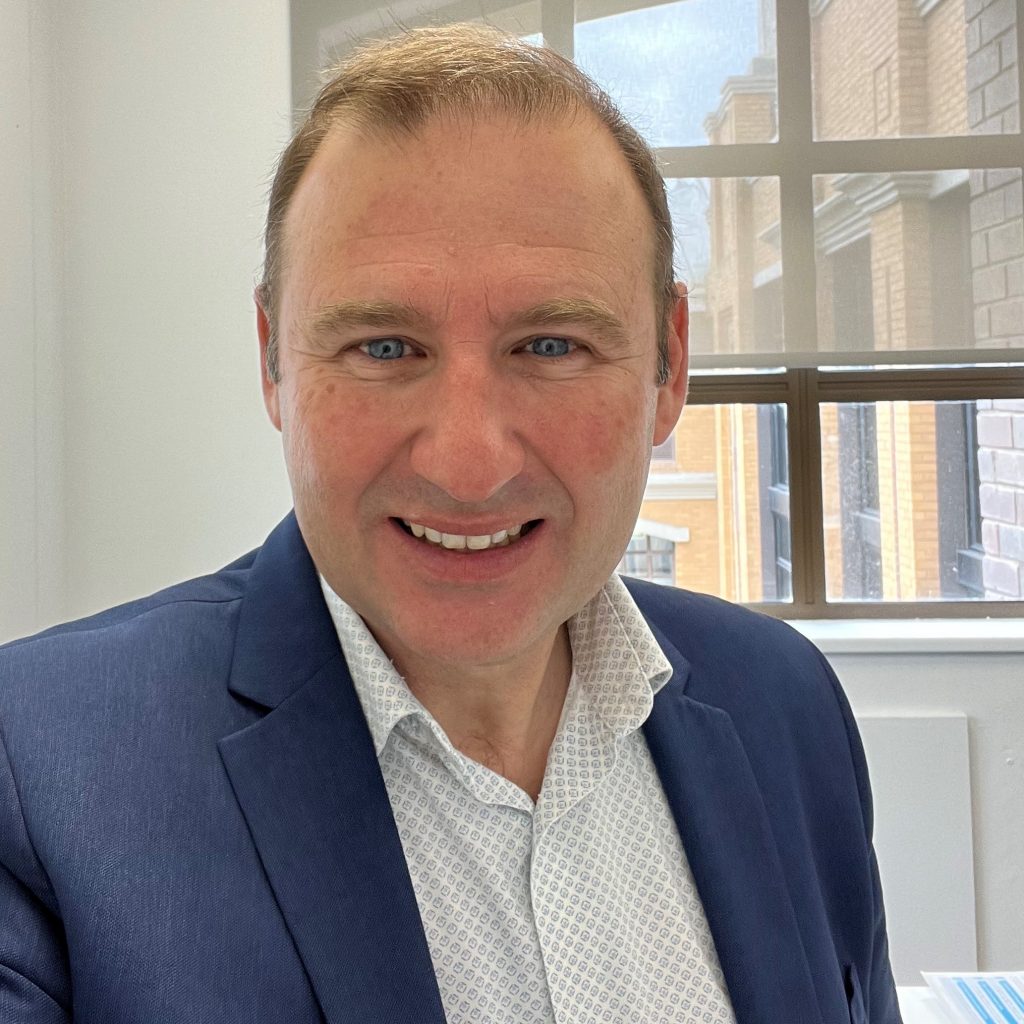Solutions from Geo-Data for a Safe and Liveable World
NABC member Fugro unlocks insights from Geo-data for solutions that contribute to a safe and liveable world. The world’s leading Geo-data specialist knows of its importance in combating climate change when servicing projects in energy transition, sustainable infrastructure, and the water market across the globe.

Waiters in South African restaurants might have noticed a satisfied smile on Jaco Stemmet’s face when his children consciously decline their beverage to be served with a plastic straw. As hydrographer by profession, the Africa Director of Fugro advocates for environmental awareness not only within his family but also among Fugro’s talented people and its clients.
Over the past sixty years, Fugro, an abbreviation of the Dutch words for foundation and ground mechanics, has been investigating the geological structure of the earth and developed a deep understanding of Geo-data. Today, the world’s leading Geo-data specialist offers data acquisition, data analysis, and advice to clients predominantly active in energy, infrastructure and the water sectors. With its services, Fugro plays a critical part in de-risking any project that has an interface with the earth adding value by reducing uncertainty and exposure to subsurface risk.
With corporate activities in 59 countries worldwide, Fugro has been active in Africa for more than 40 years, currently servicing projects in 12 African countries spread across the continent. While Fugro’s Africa focus is the energy sector, with 600 million out of 1.4 billion Africans still lacking energy access, the company’s projects vary across countries and sectors depending on geographical features and national demands. In South Africa, for instance, the NABC member predominantly assists with marine oriented projects, such as the mapping of the ocean seabed, port developments, and offshore developments. While Fugro is aware of the challenges Africa is facing, the Dutch company holds trust in the continent’s immense opportunities and has a strong affinity for working with(in) its diverse countries. “When we provide Geo-data on a port development for example, our involvement in the project ideally evolves into an economic impetus for the country as the ultimate output. The client gains critical Geo-data insights which defines the engineering requirements, ultimately driving possible time gains which leads to cost reductions,” explains Jaco, and adds “this way, we do not provide parachute support, but build capacity that can live on.”
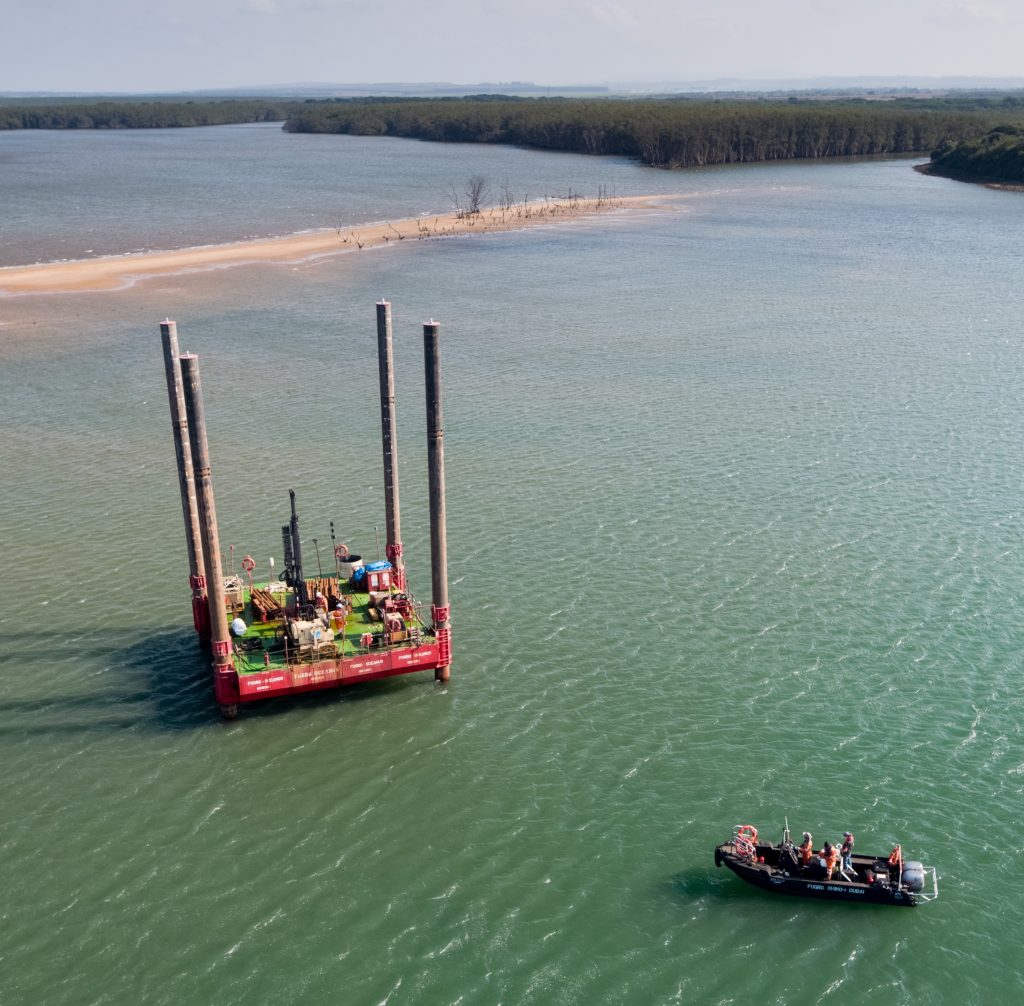
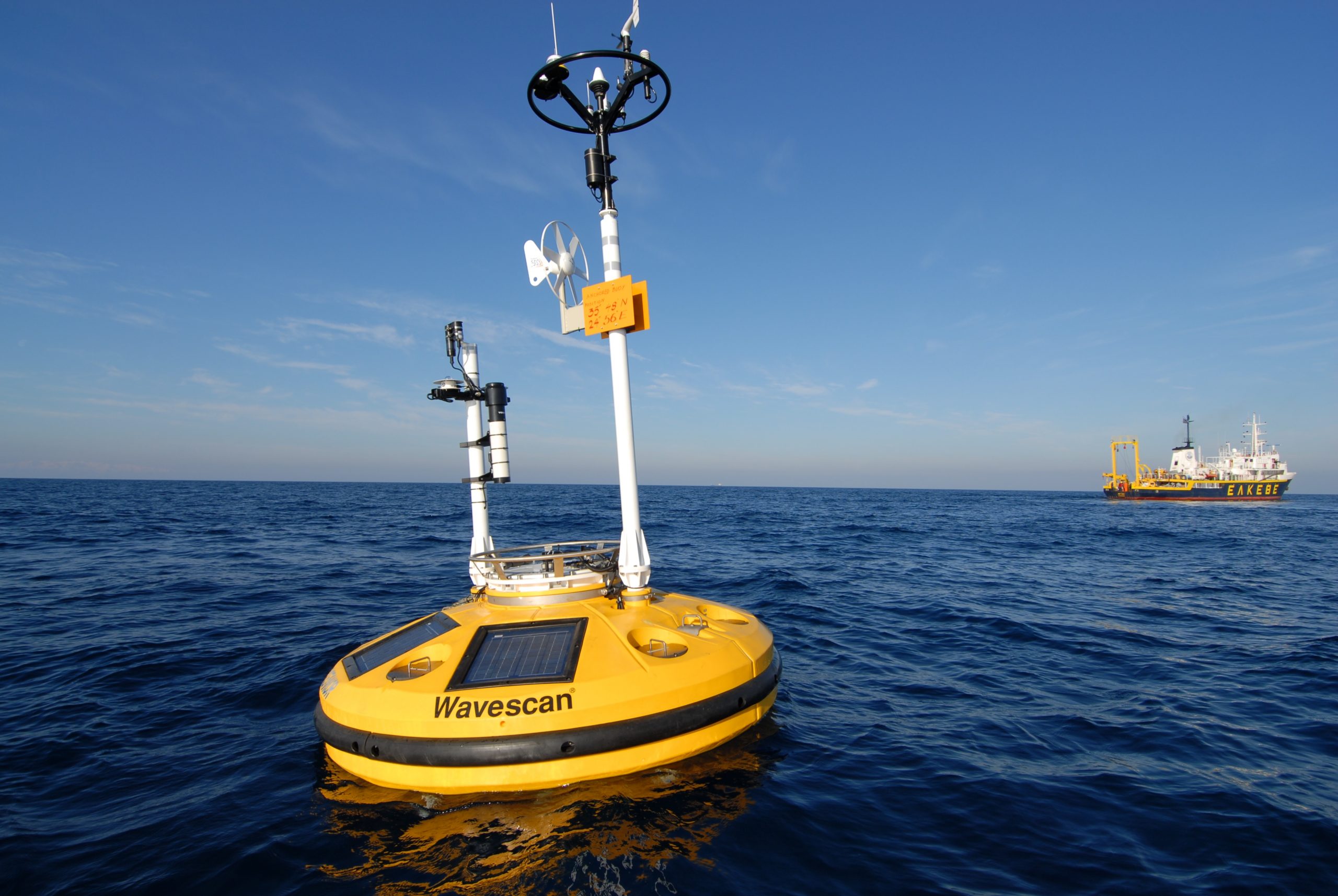
Such Geo-data knowledge is sourced from in-house centres of expertise predominantly spread across Europe and transferred to serve specific projects in Africa. In Ghana for example, Fugro is strongly involved in a meteorological and ocean observations project to assist with the forecast of early warnings of extreme weather events. The centre of expertise for meteorological services sits in the UK feeding the Ghanaian client office with factual knowledge from the weather buoys, while the local presence in support of local projects complies with the regulations in Ghana. “We want to be there [in Ghana] and contribute for the next 20 years, and compliance with regulations on the ground is part of being a responsible company,” says the Africa Director emphasising that this is only possible with a local workforce familiar with the country’s regulations and aware of potential business challenges.
Local partners and contacts have not only proven to be valuable for Fugro on the continent but also in their home country, the Netherlands. Being part of a member-based organisation as the NABC, allows the multinational to build and source from a network of like-minded entrepreneurs. “The best part of the NABC community is, that you are in exchange with people external to your industry but equally active in one or many African countries”, confirms Jaco and explains how Fugro benefits from the diverse NABC community: “For us, it is great to connect with another NABC member about challenges we have faced in a particular region in Africa. Once you hear that someone from a different business sector has faced similar challenges in the same country or region, you have this sounding board, and the more diverse the group, the better the advice you get for the experience you share(d).”
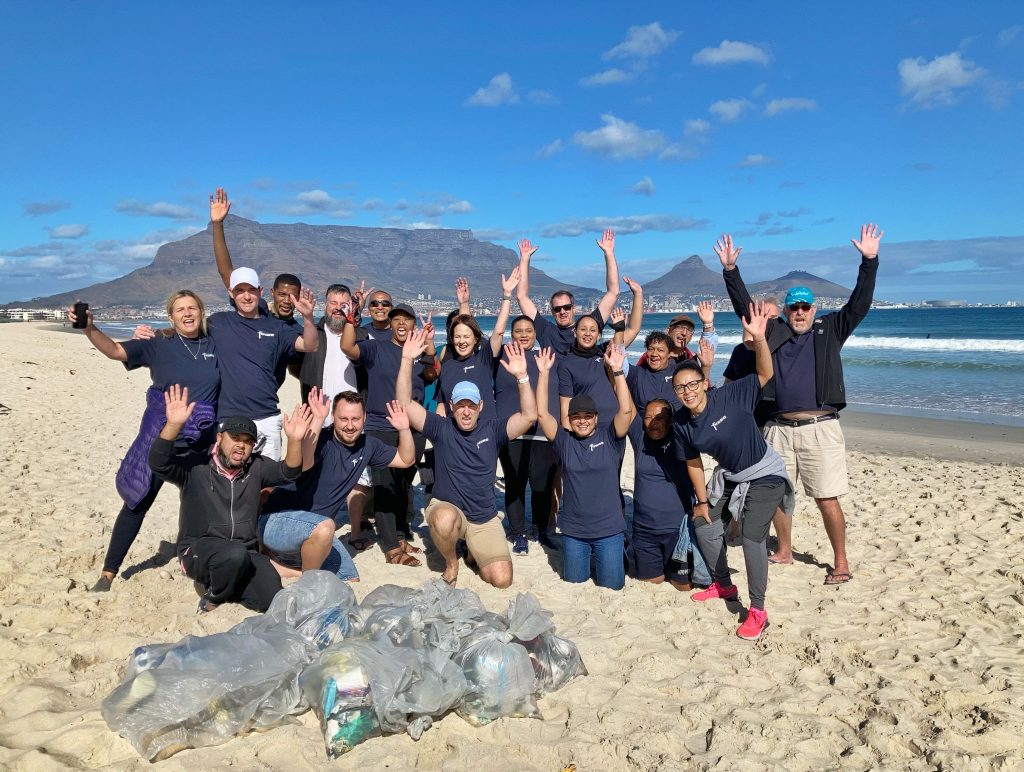
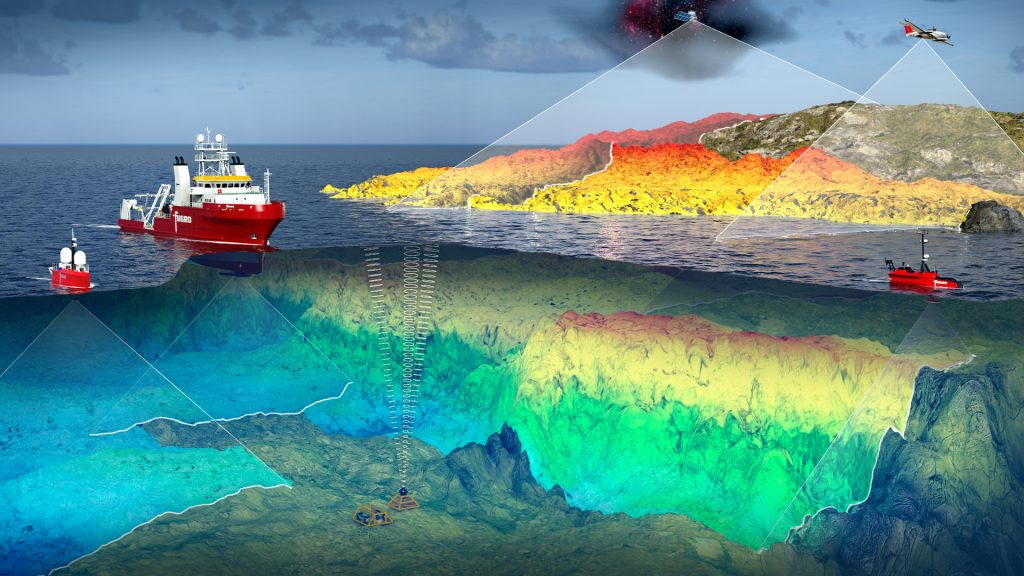
When looking ahead, the world’s leading Geo-data specialist recognises their role in mitigating the climate crisis and is actively contributing to two global ocean science initiatives that are helping stakeholders better understand and adapt to climate change. These include the United Nations Decade of Ocean Science for Sustainable Development (Ocean Decade), which aims to deliver ‘the science we need for the ocean we want’, and The Nippon Foundation-GEBCO Seabed 2030 Project (Seabed 2030), which is focused on ensuring a wholly mapped ocean. Jaco leads Fugro’s Africa-based efforts on both initiatives as a member of the recently formed Africa Ocean Decade Taskforce and by supporting Fugro’s regional in-transit bathymetry contributions to Seabed 2030, data that is collected while traveling to project locations.
It’s about ‘the Science we need for the Ocean we want’, explains Jaco. For him, responsibility especially comes to mind with regards to Africa and climate change. “Africa is the smallest contributor of CO2 emissions, at less than 4 % globally, but climate change is affecting the African continent the most”, stresses the hydrographer and advocates for the protection of the vulnerable, such as Africa’s coastal communities and especially the smaller developing island states, to together create a safe and liveable world for all, rightly ending the interview with quoting Fugro’s purpose.
For more information on Fugro, please visit www.fugro.com.
